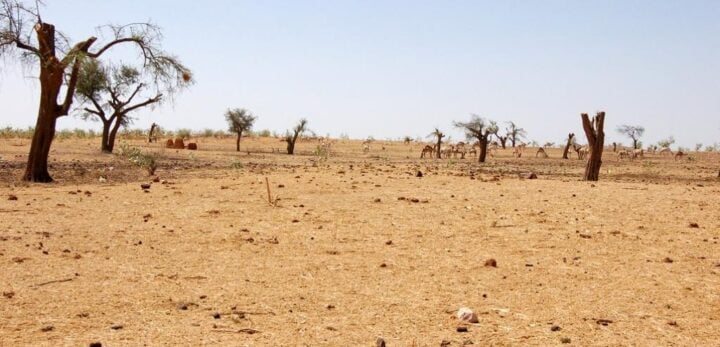Some parts of Nigeria are already battling desertification
A new United Nations climate change report released on Monday says human activities have caused earth great damage that will be irreversible for hundreds and thousands of years to come. The report is a call to action and requires world leaders and policymakers to take decisive measures and action to tackle climate change and prevent further catastrophic impacts on humans.
But who released this report and what is it all about? Below are 10 things to know about this report.
- It was released by the Intergovernmental Panel on Climate Change (IPCC), the UN body set up in 1988 to assess the science around climate change.
- It is the first major review of the science of climate change since 2013.
- The working group 1 report — Climate Change 2021: the Physical Science Basis — released today leads a series of reports that will be published over the coming months.
- Its release comes less than 100 days before the key climate summit in Glasgow known as COP26. This made Alok Sharma COP26 president say the report indicates an emergency and countries need to come together at COP26 to agree on ambitious emission reduction targets that lead to net-zero by 2050.
- It was approved by delegates from 195 IPCC member governments (including Nigeria) before its release and would be presented at COP26.
- The report features a 42-page document known as the Summary for Policymakers intended to help policymakers and world leaders collectively assess the impacts of climate change and how to tackle it.
- It stated that global surface temperature was 1.09C higher in the decade between 2011-2020 than between 1850-1900.
- It stated that the past five years have been the hottest on record since 1850
- It has shown that Human influence and heating has caused irreversible damage to the earth.
- It also showed that it is “virtually certain” that hot extremes including heat waves have become more frequent and more intense since the 1950s, while cold events have become less frequent and less severe
Add a comment






